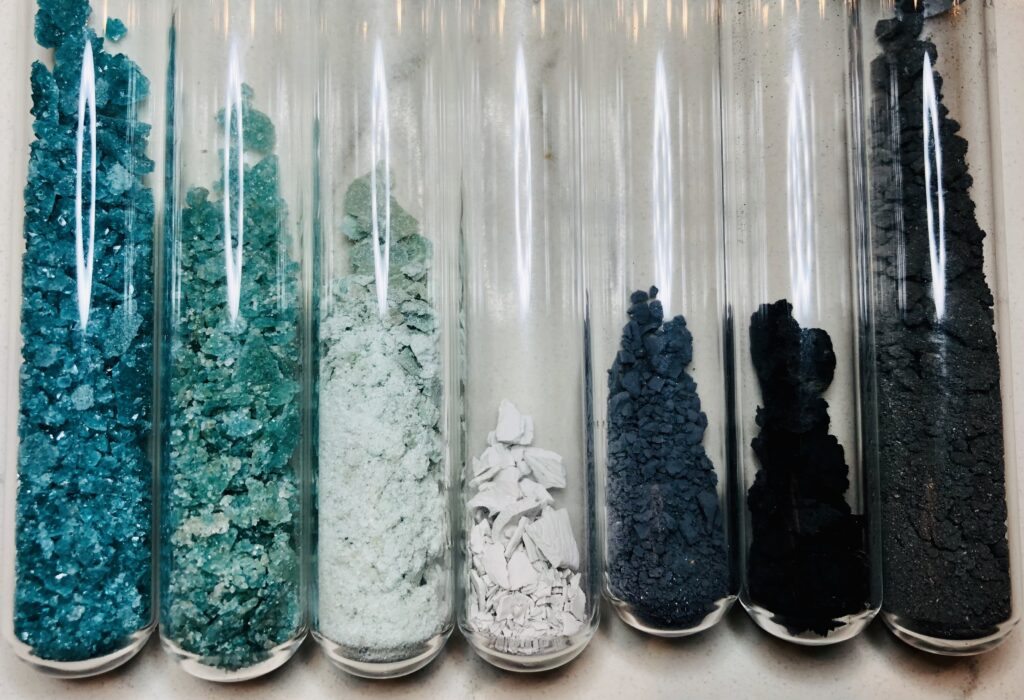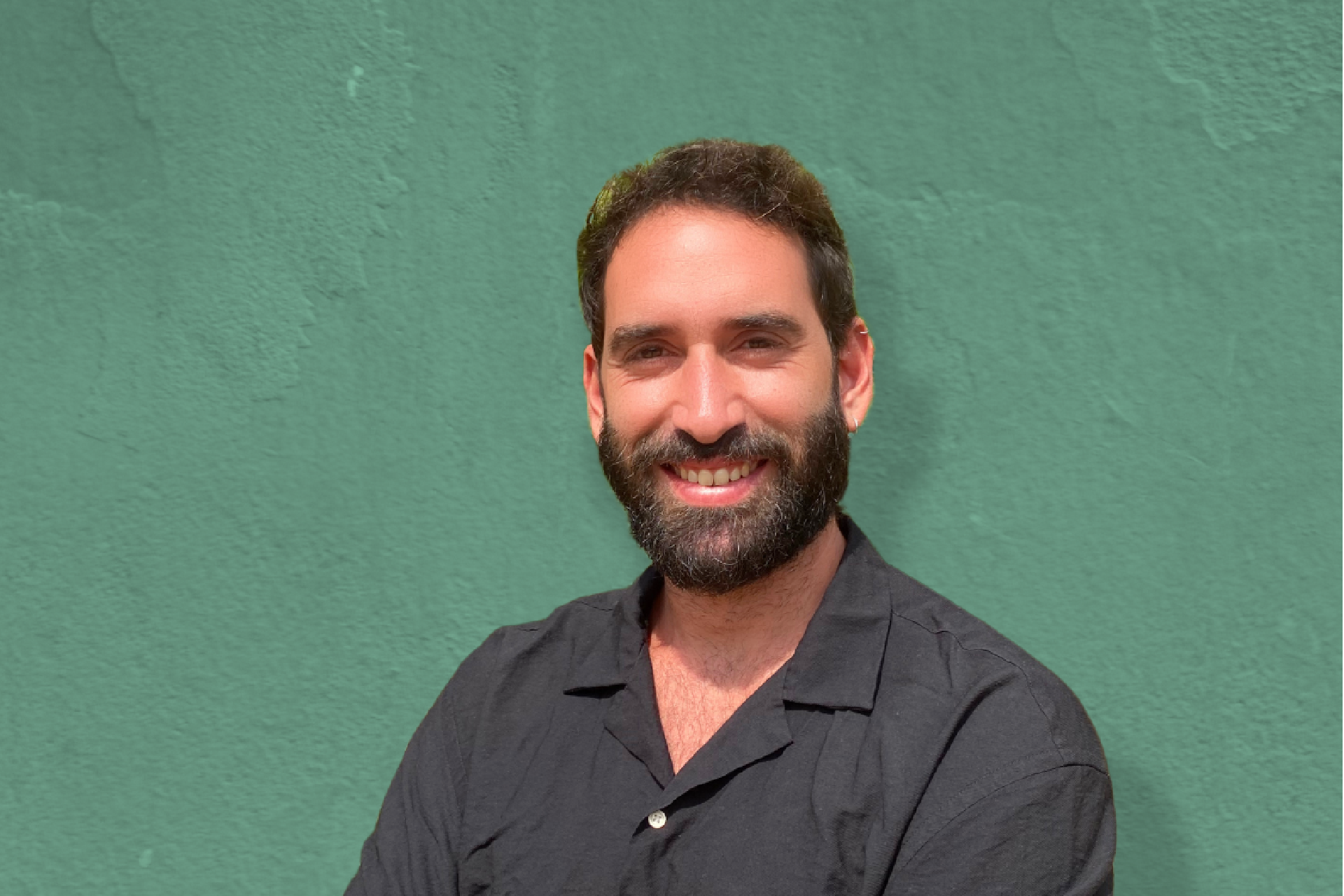
Last week, we had the chance to sit down with Erika Guerrero, CEO of Electric Goddess and Redivivus, two companies focused on solving acute challenges within the space of renewable energy and battery technology.
The Importance of Battery Storage
Batteries are a critical component in disrupting our energy grid. Currently, we still rely heavily on fossil fuels for electricity – but as many now know, coal and oil are non-renewable resources and emit carbon dioxide, which has been proven to intensify the effects of climate destabilization.
With the support of renewable energy, like solar, wind, hydroelectric, etc., our electric grid is becoming more decentralized and cleaner by the day; however, this is energy that can be produced only when the elements are in agreement. So when the sun isn’t shining or the wind isn’t blowing, how can we get clean electricity?
The answer is through storage, and batteries are key! Batteries are a critical component of electrifying the future, but what happens when these batteries reach their end-of-life? To create a future where society eagerly relies on clean technology, we must also consider what happens to the batteries once they no longer serve their main purpose—and work towards repurposing them in a way that is environmentally friendly and cost-effective.
The Story of Redivivus
Redivivus was first formed when an industry friend asked the team at Electric Goddess to make a detailed process on how they would recycle batteries, if given the chance. This is how Redivivus was born:
When we started, we were on a tight budget, and managed to learn so much about it in our tiny 180 square foot lab. As our seed funding came in, we took these initial findings and verified them at third party labs. Our idea is to take a valuable metals from the cells and batteries and put them back into secondary markets as feedstock. Cell materials to be made into battery materials typically use pyrometallurgy to reach the purity levels needed. There are hydrometallurgical processes that require large amounts of solvents and water to reach these same purity levels. To reduce the amount of emissions and improve sustainability in the recycling process, we invented a way to close the loop by reusing water and solvents used by combining with another novel process. The cleaner alternative for reusing these processed metals allows reduced demand on mines, and satisfies markets where demand is much higher than in batteries.
Erika and Luke, founders of Redivivus, have always had the primary goal to refuse to make bad product; they aim to reuse product in secondary application with their partners, and then eventually recycle and place these materials into their new life.
At Redivivus, we believe that we can shape the future by reclaiming the past.
This week, we had the opportunity to connect with Krystal Guerrero, Head of Marketing and Investor Relations at Redivivus, a company focused on recycling lithium-ion batteries. Read on to learn how Redivivus is closing the circuit on the lithium-ion battery lifecycle.

Tell us a little bit about you, your background, and your current role:
From a young age, I’ve been drawn to two things—people and the environment we inhabit. My path to Redivivus wasn’t necessarily a straight line, but when you consider people and the environment, it never really is that simple. I studied Communication Studies at the University of North Carolina and began considering a career in policy after working in the Alternative Fuels department for the Department of Energy. I needed to engage with people on a broad scale, speak directly to the masses about their connection with their environment, whether that be their city, their state, or even the vehicle they drove in.
After graduation, I dove headfirst into a position at SpaceX in the Avionics Department supporting the Falcon 9 program and teams filled with manufacturing, mechanical, PCBA, and solar array engineers. Working at SpaceX solidified the notion that it only takes one really great idea, and a lot of effort, to disrupt an industry. After my time at SpaceX, I entered the world of marketing and communications—and I focused on connecting with large groups of people about what was important to me. What was important to me, was driving real-world change to improve the conditions of our planet. I was offered a graduate position at the University of Washington in the College of the Environment studying under some of the greatest scholars in the field — I had to go. This was the opportunity to study human dimensions of nature— how and why people connected with the nature, and how we could potentially nudge them to change those behaviors.
During my time at the University of Washington, the idea of Redivivus came to fruition—the founders approached me to join them as a co-founder and to spread the word about a new startup focused on recycling lithium-ion batteries. It felt as though everything I had been drawn to my entire life was coming to a head, and I could lead the charge. It was an immediate yes.
Redivivus literally means “to be born again” and that’s how it feels to be working with a company spearheading the future of sustainable materials.
It has now been nearly a year since joining Redivivus as the VP of Marketing and I am so proud of the work the team has accomplished. We’ve recently completed our proof of concept where we are able to recover 92% of the nickel and cobalt in lithium-ion batteries through our novel, no-burn approach. This approach is environmentally friendly because there are minimal harmful thermal emissions. We’ve partnered with two companies to recycle their batteries—Oregon based Arcimoto and LA based Power.Global. Our CEO, Erika Guerrero, has been asked to present at multiple conferences and our team gets daily messages from people who are looking for a way to join the cause. I am so appreciative of every single accomplishment our team has had and I look forward to a future where Redivivus is leading the industry in battery recycling.
At Redivivus, we believe that we can shape the future by reclaiming the past. By thoughtfully recovering valuable metals like Nickel and Cobalt from lithium-ion batteries, we can reduce the need for mining, minimize our carbon footprint, and build a sustainable business model for the industry. It’s our mission to accelerate sustainable technology through cost-effective recycling. Our top priority this year is to develop industry leading technology to safely transport dangerous battery materials—with human life as our most important value. From there, we can recover precious metals through our novel, no-burn and environmentally-friendly recycling process and re-insert the materials into the multi-billion dollar metals market.

Why do you think climate change and sustainability is such an important topic today?
Climate change and sustainability are both important topics because the actions we take today will have a ripple effect in the future. It’s critical that we consider the needs of the present while doing our best not to compromise the ability to meet the needs of the future. Electronic waste will continue to increase, but we can lessen the burden on our planet by reducing the need for mining and recovering valuable metals in the battery in a sustainable way. By continuing to be forward thinking, we can work towards minimizing the impact our actions have now on the future.
What can the average person do to make a difference?
Consider where you toss your old batteries; for consumer electronics, Redivivus recommends Call2Recycle—the country’s largest recycling program that offers a simple collection process.

Green Success Stories is a television show, podcast, social media, and news platform, hosted by Dylan Welch, that highlights climate change scientists, renewable energy experts, and clean tech entrepreneurs by giving them a voice in the mainstream media. The Green podcast highlights leading experts in cleantech, sustainability, media, finance, and real estate. Tune in and subscribe to the podcast on Apple or Spotify to listen to interviews with leading cleantech and sustainable experts. If you are interested in being featured on Green, click HERE.




